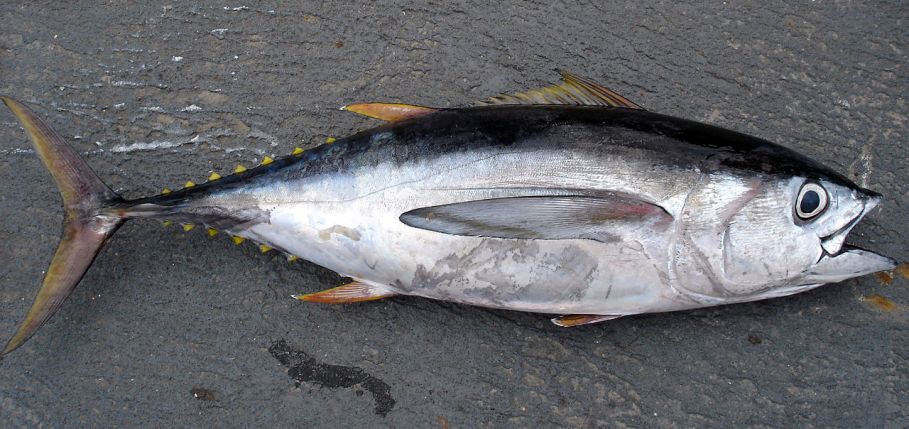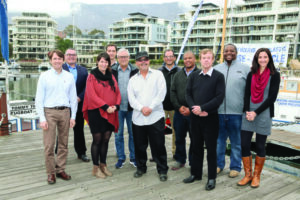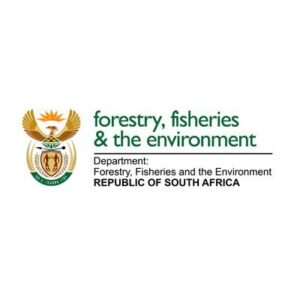Cape Town – South Africa is playing a leading role in reversing the overfishing of tropical tunas in the Atlantic Ocean.
The bigeye tuna fish has been overfished in that ocean for years and is still subject to this practice, but a conservation measure – introduced and promoted by South Africa at a recent meeting of the International Commission for the Conservation of Atlantic Tunas (Iccat) – has laid the groundwork for the improved management of bigeye and other species of tropical tunas.
Bigeye tuna is an important catch for South Africa’s tuna fishing industry which has massive potential to grow and provide jobs and economic opportunities. However, the management of bigeye and other tuna stocks is largely out of South Africa’s hands; tunas are migratory species that are fished by a number of nations as they move through different regions of the world’s oceans.
In the Atlantic, tunas are managed by Iccat, but until last month the management regime put in place by Iccat was considered to be ineffective and bigeye tunas were known to be heavily overfished – recent catch limits set by Iccat for bigeye tuna were exceeded by more than 20%.
The adoption by Iccat of an interim conservation and management measure for tropical tunas represents a remarkable improvement to reduce the catch of juvenile bigeye and other tropical tunas, with the goal of establishing sustainable tuna fisheries in the Atlantic Ocean. South Africa’s role in leading negotiations and lobbying for a new management regime aligned with the advice of Iccat’s scientific body, was robustly applauded during the closing session of the Iccat meeting late last month.
Head of the South African Delegation, Saasa Pheeha, director of offshore and high seas fisheries management within the department of environment, forestry and fisheries (Deff) said:
“South Africa is a founding member of Iccat and we are proud to have played an integral role in moving a much-needed agreement forward, while standing strong on ensuring equitable and responsible management of our common resources.”
Among the new management measures adopted by Icatt is a reduction in catch limit for bigeye tuna from 78000 tons per year to 62500 tons in 2020, and a further cut to 61500 in 2021. Importantly, the number of fish aggregating devices (FADs) that may be deployed by fishing nations using purse seine nets to catch tropical tunas, has been reduced from 500 per vessel to 350 per vessel in 2020, and 300 per vessel in 2021.
The use of FADs is known to result in the capture of high numbers of juvenile tunas and the entanglement of other marine species, most notably turtles and sharks. Restricting the deployment of FADs will reduce the catch of juvenile tunas – a practice that has obvious and serious implications for the productivity of tuna stocks.
The complete closure of the Atlantic Ocean to FAD-associated tuna fishing by purse seine vessels for two months in 2020 and three months in 2021 is a significant measure included in the newly adopted Conservation and Management Measure for Tropical Tunas.
“By closing the FAD fishery, you’re giving the stock a greater chance of maturing and reproducing,” explains Qayiso Mketsu, deputy director of pelagic and high seas fisheries management within the Deff and a key member of the South African delegation to Iccat.
A significant increase in the number of scientific observers deployed on long-line and purse seine fishing vessels in the Atlantic Ocean is also included in the newly adopted Iccat conservation and management measure for tropical tunas.
The observers gather data and note infringements of management measures and so increased observer coverage translates into improved compliance with fishing rules and regulations.
The newly-adopted measures will regulate catches of tropical tunas in the Atlantic Ocean for a period of two years. It is expected that this will be reviewed and refined over the same period, with the ultimate goal of substantially reducing the overfishing of tunas in the Atlantic Ocean.
Dr Sven Kerwath, chairperson of the large pelagic fishery’s scientific working group of DEFF completed the delegation of South African government officials.
South African Tuna Association President, Clyde Bodenham and chairperson Pheobius Mullins, together with the South African Tuna Longline Association chairperson, Trevor Wilson, said that it was inspiring to be part of the Deff sector management team and at the forefront of driving change at an international level.
“This is a huge international achievement,” said Bodenham. “The tuna fishing industry is immensely proud to have been part of the South African delegation to Iccat”.
* Jointly issued by the South African Tuna Association, South African Tuna Longline Association and the Department of Environment, Forestry & Fisheries.




